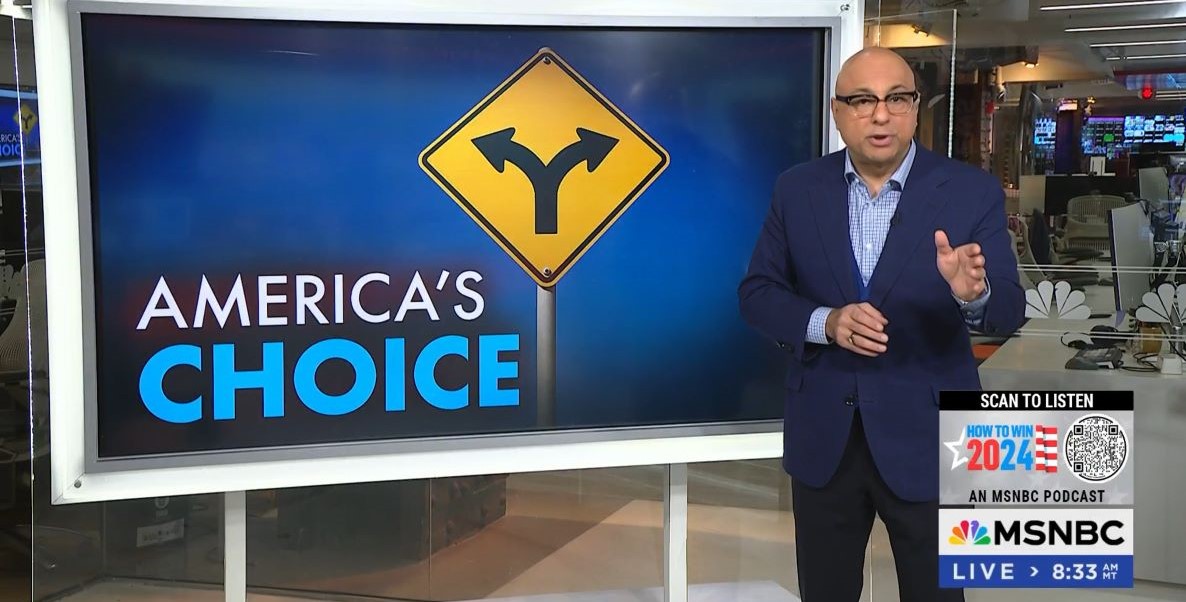Remember the 2000 presidential election — and all those months before we knew who had won? It took a U.S. Supreme Court decision to decide the outcome. Ali Velshi reminds us that, at the time the recount was stopped, George W. Bush had won by just 537 votes. That means the 5 million Floridians who were eligible to vote but chose not to instead essentially chose the winner.
Some people don’t vote because they lack access: They fall ill, they lack transportation, they lost eligibility and can’t register again in time, or they simply don’t know how to register — all legitimate reasons. But there are many people who don’t vote because either they believe their vote doesn’t count, or they’re so disaffected, angry, or otherwise averse to the process that they refuse to cast a ballot. Or, they write in the name of a candidate who is not even running. That’s called a protest vote.
Protest voting in a primary — where the party nominee is a shoo-in — is an accepted part of the democratic process that conveys to leaders exactly how the electorate feels about current policy and ongoing issues. But protest voting is a dangerous practice in the general election. Razor-thin margins are deciding our elections, and turnout is not high enough to cover the spread when people decide that they want to make their feelings known through a protest vote.
Do not take democracy and the right to vote for granted. The outcome of our next election may determine the fate of our republic. One candidate has explicitly outlined his planned regime of autocracy and persecution of his enemies, minorities, and marginalized communities in our country.
If you’re angry about politics this November, plan a registration drive to get as many to the polls as possible. Don’t want your ballot with a protest vote, what’s at stake is far too important.
LISTEN: ALI VELSHI ON THE PROTEST VOTE
WATCH: ALI VELSHI DESCRIBES THE DANGER OF CASTING A PROTEST VOTE
![]() MORE FROM MSNBC’S ALI VELSHI
MORE FROM MSNBC’S ALI VELSHI



